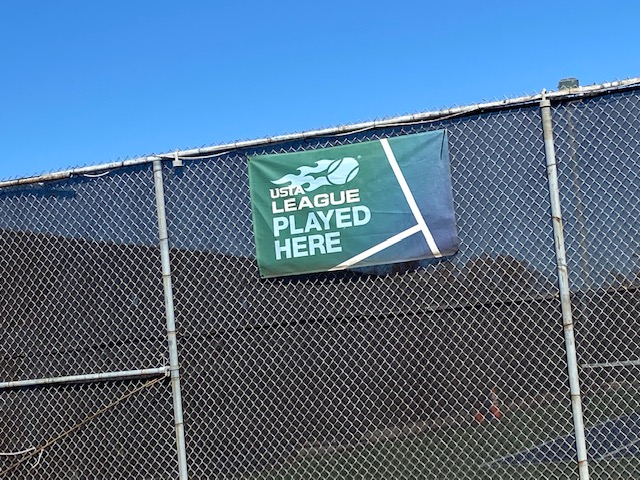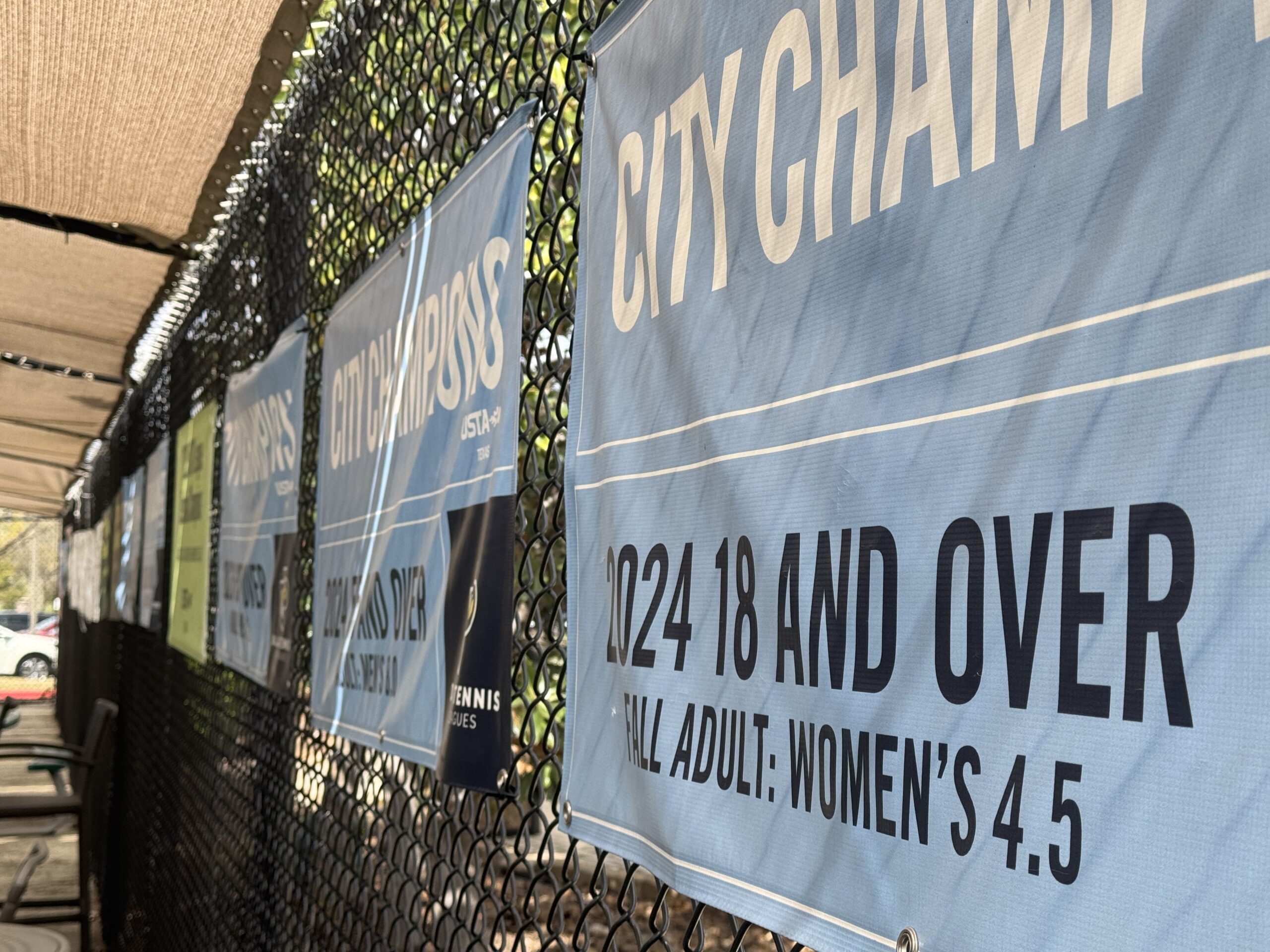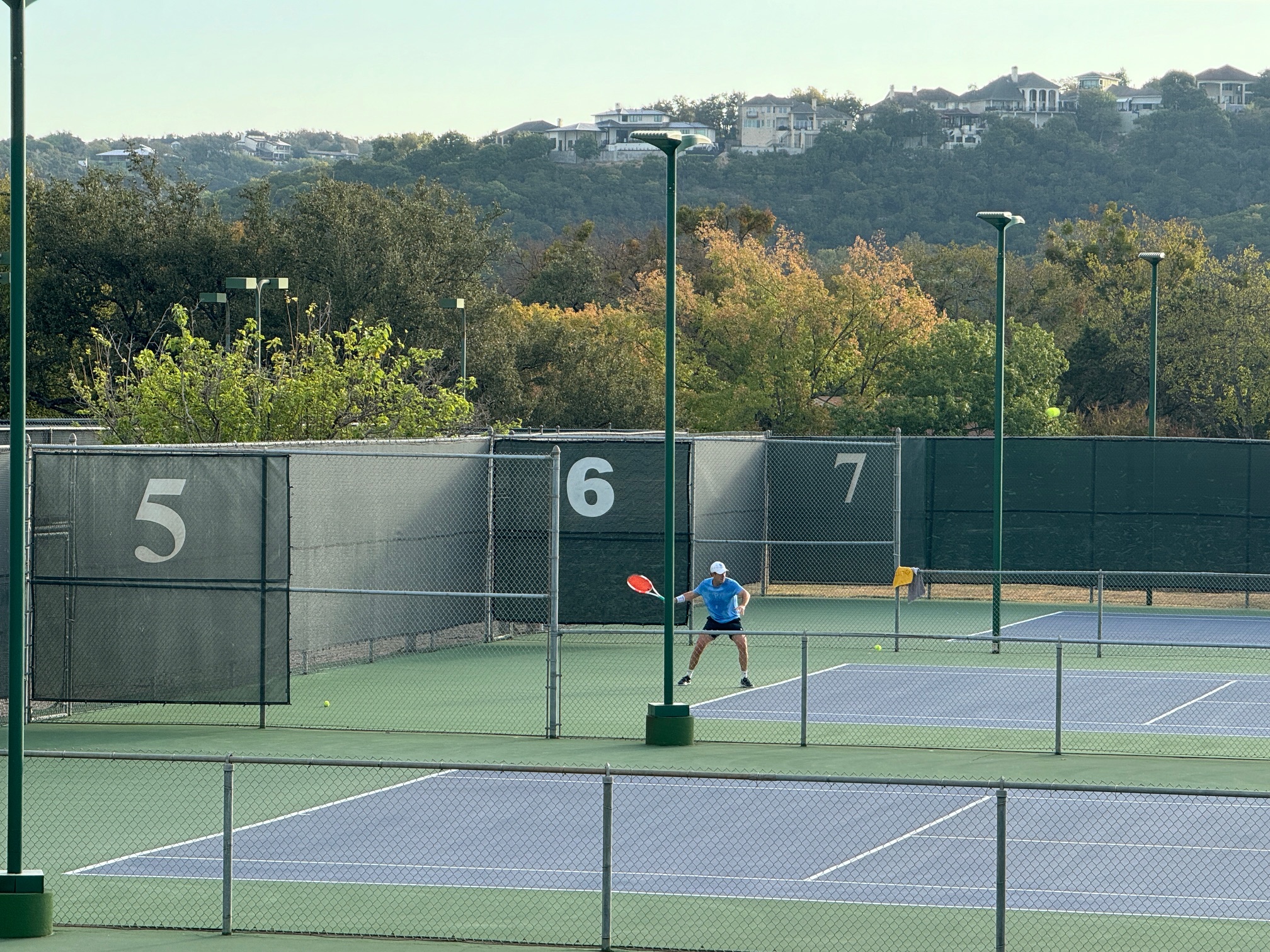I have never been called for a foot fault, at least not any that I can recall. In order to foot fault my feet would have to break contact with the court. It is the one part of the game where my feet of stone and poor footwork are actually an advantage. I have absolutely no idea how I would react to a foot fault call in a match at a critical moment.
The most famously epic meltdown over a foot fault call was Serena Williams against Kim Clijsters in the 2009 US Open semifinals. Serena was down a set and serving at 5-6, 15-30 when a foot fault was called on a second serve, resulting in two match points for Clijsters.
This episode was frequently referenced after the 2018 US Open finals when Serena had a similar meltdown in her match with Naomi Osaka, but I don’t recall seeing video of the original tantrum re-aired at that time. I have to confess that I was not all that familiar with the details of the 2009 episode. The clip was eye-opening to me.
John McEnroe was not calling the match and his voice does not appear in the clip, but media sources indicate that he was on the air immediately following the match questioning whether call should have been made at all. This is actually what prompted me to write about this event. It introduces the notion that in tennis some calls should be situational.
This is driven home by an anonymous quote in the media attributed to a former player on the tour close to Williams. “She just went off. But that foot fault never should have been called. Never. It wasn’t obvious and it’s something you just don’t call — not at that juncture of the match.”
In essence, this is comparing the foot fault call to a ticky-tack foul made in the closing seconds of a basketball game. It is the first time that I have encountered the idea of situational based officiating decisions in tennis. It makes me wonder which rules should be discretionary and what are absolutes.
Off the top of my head, I would think that more latitude is generally given for time violations on key points. I cannot imagine any situation where the lines would not be called precisely. Ultimately a foot fault is a type line call.
To her credit, Serena did eventually apologize clearly and directly to the linesman in the media statements after the match as well as others impacted by the event. It marred the feel good story of Kim Clijsters reaching the finals of a Grand Slam a short 18 months after giving birth.
Nick Bollettieri, always the publicity hound, leveraged his position as a former consultant to the Williams sisters to weigh in on the episode. Bollettieri is clear that in reviewing the replays he is convinced that a foot fault was committed. At the same time he echos the sentiment that the call should not have been made at such a critical juncture.
Just in case I am accused of Serena bashing, you can also find clips of other beloved players reacting less than favorably to foot fault calls on the internet. Andy Roddick and Caroline Wozniacki are two prominent examples. While it doesn’t involve any foot faults, here is a compilation of Roger Federer petulantly interacting with tennis officials.
Nick Bollettieri summed up the tirade better than anybody. “Maybe it’s not excusable, but it’s certainly forgivable.” I think that is true of a lot of things in tennis.
- “Penalty to Williams, Match to Clijsters,”, Liz Clarke, The Washington Post, September 13, 2009.
- “A Call and a Response That Can’t Be Defended,” Michael Wilbon, The Washington Post, September 14, 2009.
- “S. Williams Delivers Apologies All Around,” Liz Clarke, The Washington Post, September 15, 2009.
- “Bollettieri on Serena’s outburst: Maybe it’s not excusable, but it’s certainly forgivable,” Jeff Williams, Newsday September 13, 2009.
- United States Tennis Association (2020) Friend at Court. White Plains, NY



